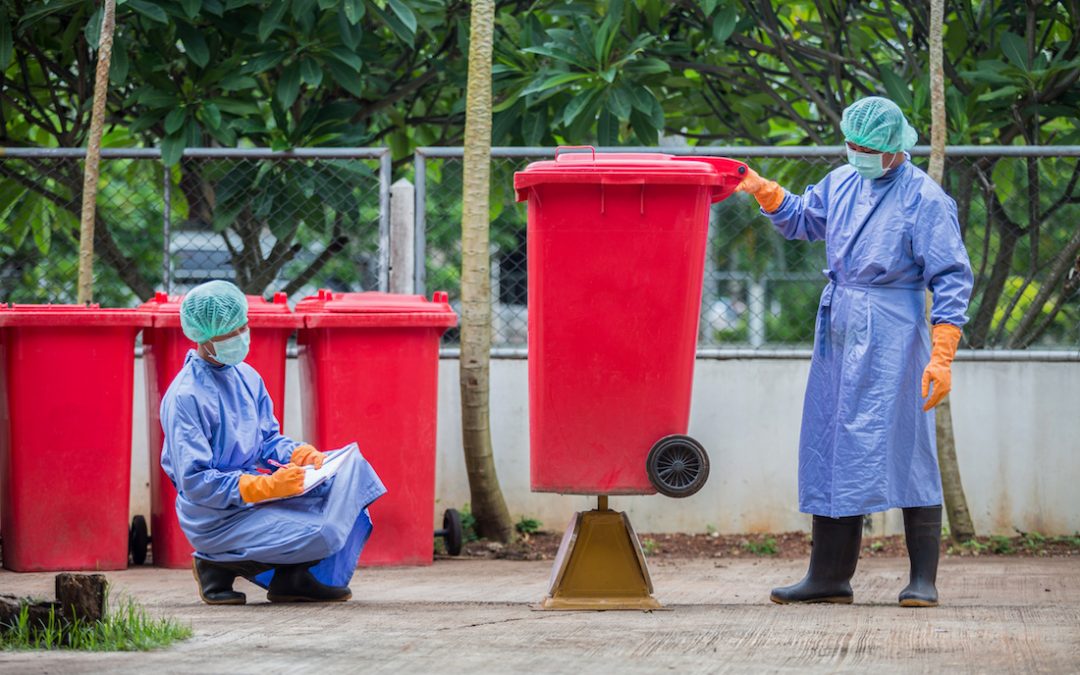Mumbai: A gap analysis study conducted by the International Institute of Population Sciences (IIPS) indicates that several states in the country are at increased risk of Covid-19 infections due to non-compliance to biomedical waste management rules. While the pandemic has led to a significant increase in biomedical waste generation, disposal facilities have not gone up proportionately, said the study. Global studies have associated increased Covid risks with a rise in biomedical waste.
The “Assessment of Bio-Medical Waste Before and During the Emergency of Novel Coronavirus Disease Pandemic in India: A Gap Analysis” study, published recently in the journal Waste Management & Research, highlights how most states fare poorly in terms of Covid-19 waste management. The study said 23 of the 35 states and union territories (UTs), including Maharashtra, still follow deep burial methods for waste disposal, restricted by the Centre. It said 70% of the states do not have well-established systems to regularly monitor their common BMW waste treatment facilities (CBMWTFs) and only 12 have upgraded their facilities as per new emission rules. Two hundred CBMWTFs are available across India, but are insufficient to treat the large quantity of waste. Most states and UTs have almost reached their threshold capacity, it said.
‘Covid risk from poor biomedical waste disposal’
- Advertisement -

